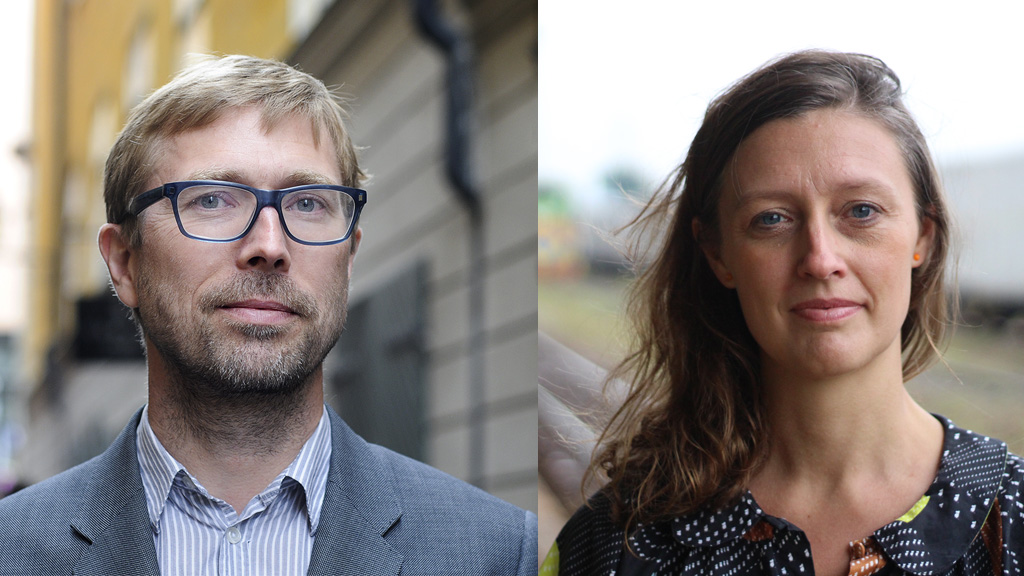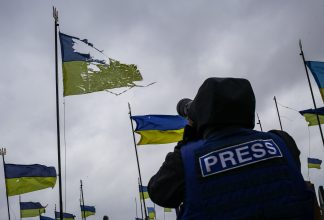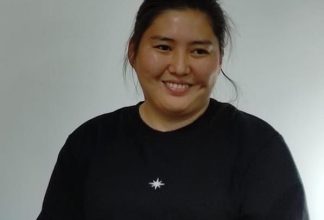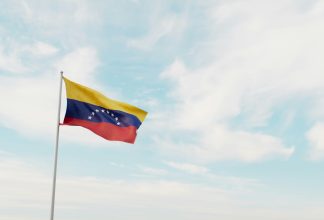Debate: Establish a special rapporteur for democratic elections

The following op-ed was first published in Swedish in Global Bar Magazine on 25 January 2024:
If the Swedish government would take the initiative in establishing a special rapporteur on democratic elections within the UN, the issue would see a rise in significance among the member states, according to Gabrielle Gunneberg and Erik Jennische at Civil Rights Defenders.
2024 will be a true year of elections, as half of the world´s population is set to vote. According to The Economist, citizens in 76 countries will cast their votes in 2024. In 43 of them, such as the United Kingdom and Uruguay, citizens will choose new governments in free and fair elections. In 28 of these countries, including Venezuela and South Sudan, the citizens will vote, but it is unlikely they will get to choose their leaders.
According to the institute Varieties of Democracy at the University of Gothenburg, only 13 per cent of the global population lives in proper, well-functioning liberal democracies. Seventy-two per cent live in non-democratic countries. Sweden can play an important role in improving this situation.
Practically all governments claim to achieve legitimacy through democratic elections, even non-democratic governments and leaders. However, even in countries where election outcomes are predetermined, they can be an important opportunity for citizens and local human rights defenders to demand change. If it becomes clear that the elections were not conducted fairly, governing authorities lose legitimacy and become more vulnerable to criticism from both their own citizens and the international community.
Even though there is a universal connection between democratic elections and respect for human rights, many human rights organisations around the world avoid scrutinizing and criticizing elections in undemocratic countries. Close associations with political processes and elections could pose a risk for local human rights organisations in between elections, where they may face threats and violence if seen as taking a political stance.
Here, international civil rights organisations can play an important role together with local actors. Civil Rights Defenders has long supported some organisations that, despite the risks, have worked on election monitoring. We also participate locally through international election monitoring missions with other civil society actors.
In Article 25 of the Convention of Civil and Political Rights, the right to participate in democratic elections is clearly expressed. “Every citizen shall have the right and the opportunity to participate… to vote and be elected at genuine periodic elections, which shall be by universal and equal suffrage and shall be held by secret ballot, guaranteeing the free expression of the will of the electors.”
Therefore, it is important and positive that the Swedish government, in its reform agenda of foreign aid, emphasises democratic elections, including plans to support local election monitoring efforts, strengthen the work of electoral authorities, and protect the election process against malign information influence and disinformation.
We have further concrete suggestions here on how policy could develop further in the coming years within the framework of the aid policy reform agenda.
Commitment to human rights within the UN system is strong and important. However, the concrete engagement for democratic elections in executing Article 25 is poor.
For example, today, the UN Human Rights Council has special rapporteurs in 46 thematic areas, such as arbitrary arrests, persons with disabilities, the right to education, freedom of expression, and the right of indigenous people, but there is no special rapporteur for democratic elections.
The special rapporteurs work with clear impact and pressure from the international community through reports, communicates with states, propose reforms and collaborate with civil society. It is partly through the special rapporteurs that the human rights problems are kept alive within the UN organisation. If the Swedish government initiated the establishment of a special rapporteur for democratic elections, the issue would be strengthened among both human rights organisations and member states, increasing pressure for free and democratic elections.
Sweden could also:
- Work for the UN High Commissioner, along with the special rapporteurs within fields such as freedom of expression, human rights defenders and freedom of association, to produce a report on the right to participate in free and fair elections.
- Include recommendations on elections and electoral systems for countries within the so-called UPR processes and focus on elections within the interactive dialogues and debates that are taking place within the UN system.
- Demand that those countries running for the UN’s Human Rights Council commit to respecting citizens’ right to freely choose their governments in fair elections.
- Make a clear commitment to only vote for countries with democratically elected governments in the election for the Human Rights Council.
The political criticism against the UN’s human rights system has been strong and relevant in recent years. The fact that for example, Eritrea, China and Cuba once again have been re-elected into the UN General Assembly this autumn undermines the trust of the UN organisation overall. Sweden can now become a leading voice in strengthening efforts for democratic elections within the UN system – a voice currently missing. This would be an important step towards more democracies and free elections worldwide.
Gabrielle Gunneberg
Global Department Director, Civil Rights Defenders
Erik Jennische
Latin America Department Director, Civil Rights Defenders


